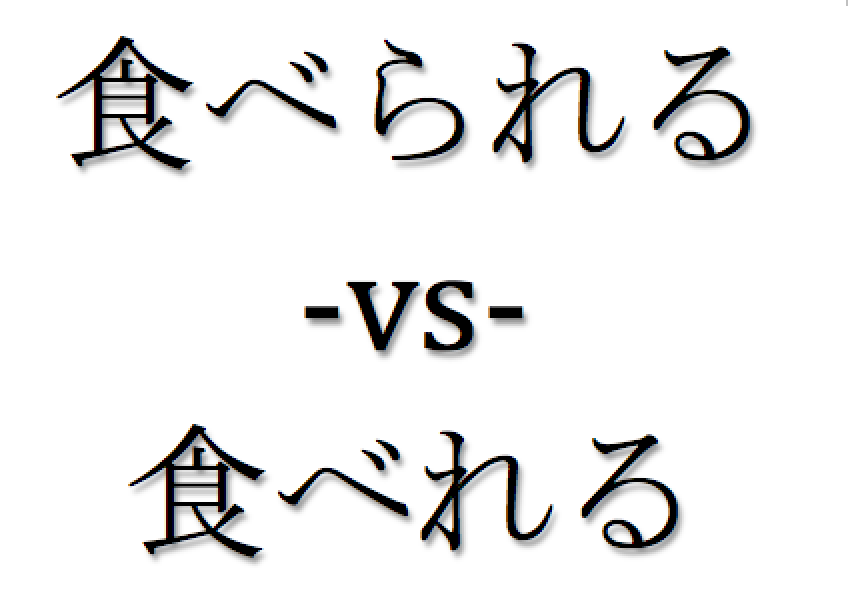A pair of terribly useful Japanese verbs: 出す (dasu) and 出る (deru)
Verbs are an extremely important part of the Japanese language. One reason for that is the large variety of verbs available in Japanese, some which don’t seem to have direct equivalents in other languages (or at least not in English). But I think it’s also because Japanese tends to omit words deemed unnecessary based on… Read More »


